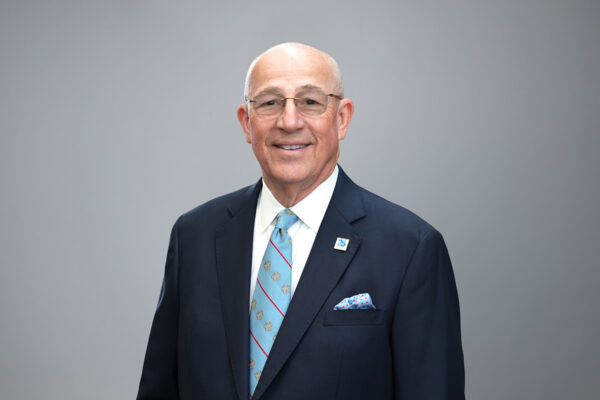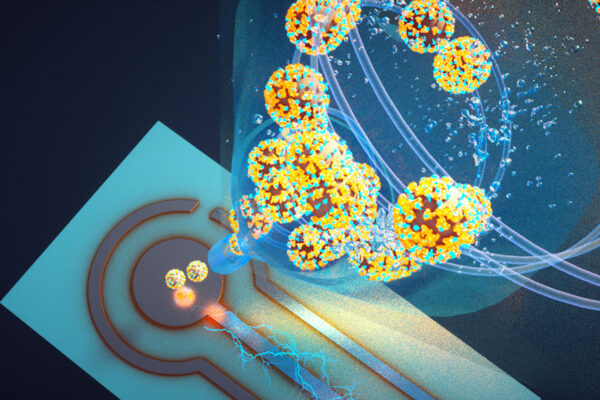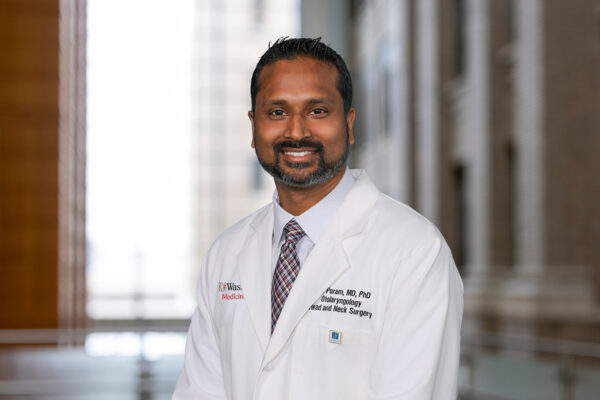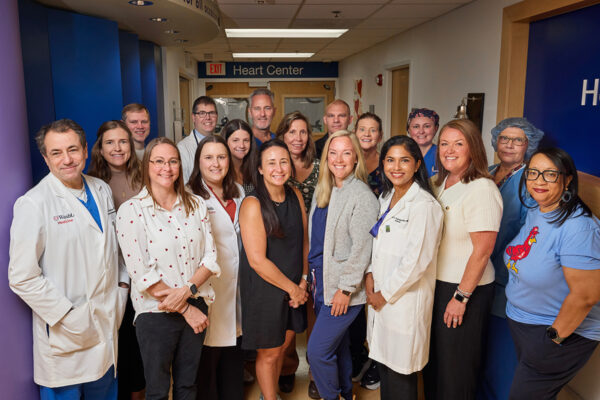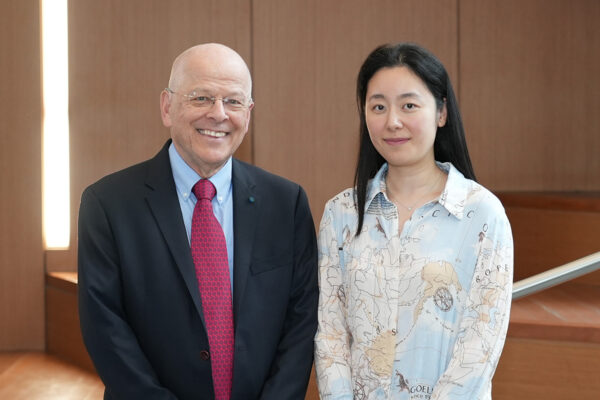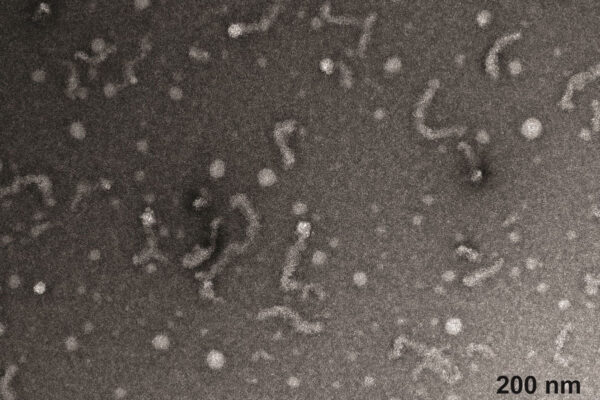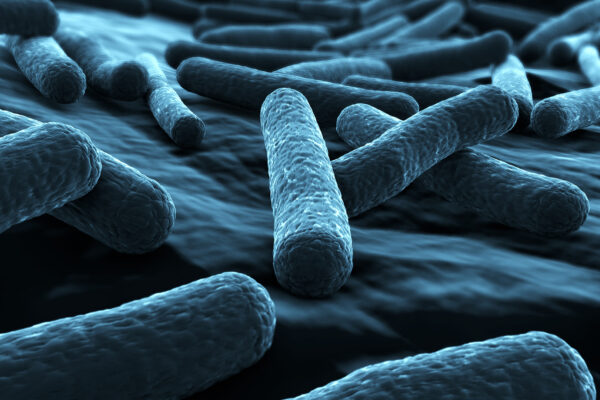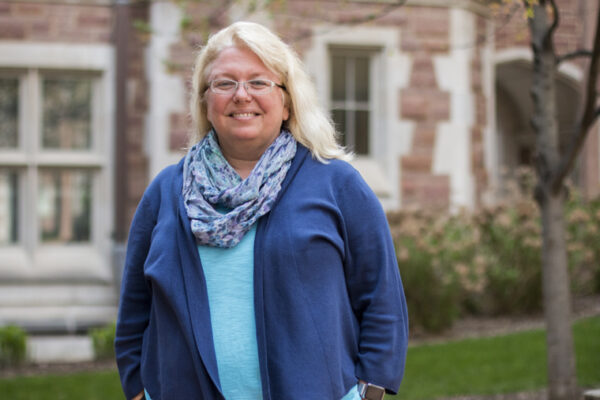Woodard elected to National Academy of Medicine
Pamela K. Woodard, MD, head of the Department of Radiology and director of Mallinckrodt Institute of Radiology at WashU Medicine, is among 100 new members elected this year to the National Academy of Medicine, one of the highest honors in health and medicine.
Eberlein named president-elect of American College of Surgeons
Timothy J. Eberlein, MD, director of Siteman Cancer Center at Barnes-Jewish Hospital and WashU Medicine, has been active within the American College of Surgeons for many years, including serving as chair of the board from 2022-2023.
Disrupting infectious diseases
With a grant from the Advanced Research Projects Agency for Health, a multi-institutional research team led by scientists at Virginia Tech and Washington University in St. Louis will develop an indoor air device to disrupt transmission of infectious disease.
Social conflict among strongest predictors of teen mental health concerns
A new study by WashU researchers showed that family fights and peer bullying outweighed other risk factors for depression and other mental health problems, with adolescent girls suffering more than boys.
Puram named head of otolaryngology
Sidharth Puram, MD, PhD, a distinguished physician-scientist specializing in head and neck cancer surgery, has been named the head of the Department of Otolaryngology — Head & Neck Surgery at WashU Medicine.
Team performs first pediatric ‘domino’ partial heart transplant in Midwest
The St. Louis Children’s Hospital and WashU Medicine Heart Center has become one of only eight programs in the nation to perform a rare, lifesaving procedure in which one donor’s organ is transplanted into a patient, who then becomes a donor for another patient.
Breast cancer startup founded by WashU Medicine researchers acquired by Lunit
Prognosia, a biotech startup that harnesses AI-driven software to analyze mammograms to improve breast cancer risk prediction, was created by Graham Colditz, MD, DrPH, and Shu (Joy) Jiang, PhD, both at WashU Medicine.
WashU chemists reveal new insights into ALS-linked protein
Using advanced biophysical and imaging techniques, Meredith Jackrel and her team at Washington University in St. Louis have isolated the protein Matrin-3 to better understand its role in neurodegenerative diseases.
Several faculty receive NIH MIRA awards
Several biology and medical researchers at Washington University in St. Louis have earned prestigious awards from the National Institutes of Health (NIH).
Barch earns lifetime achievement award from psychology group
Researcher Deanna Barch, a professor at WashU, has received a lifetime achievement award from the Association for Psychological Science.
Older Stories

